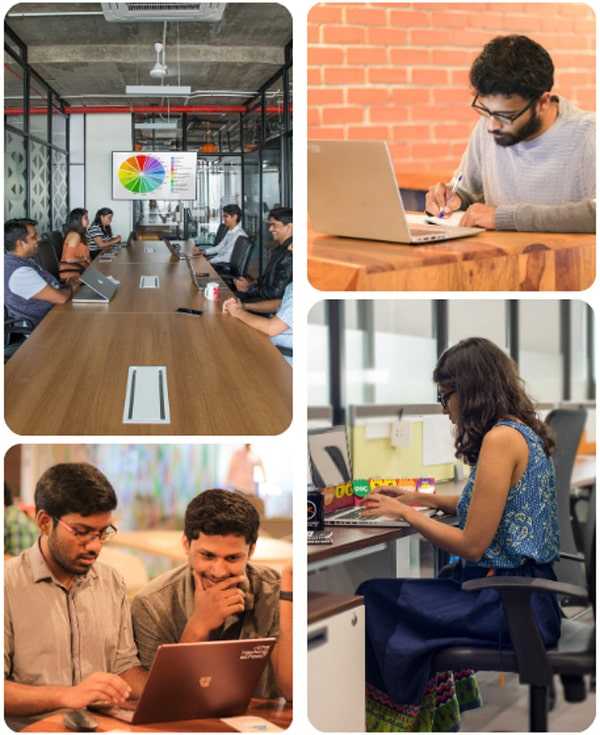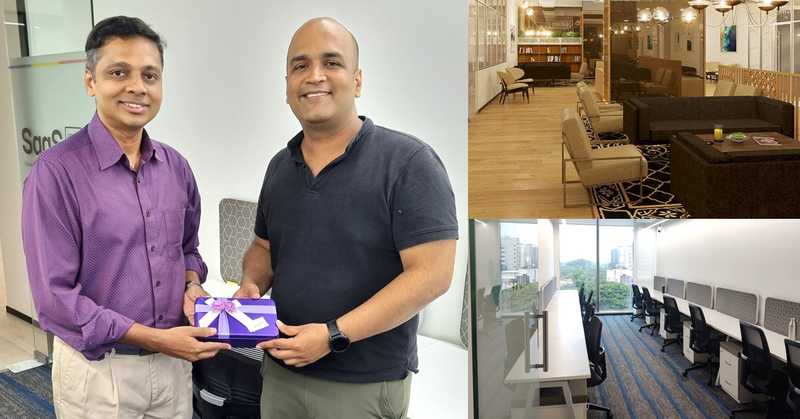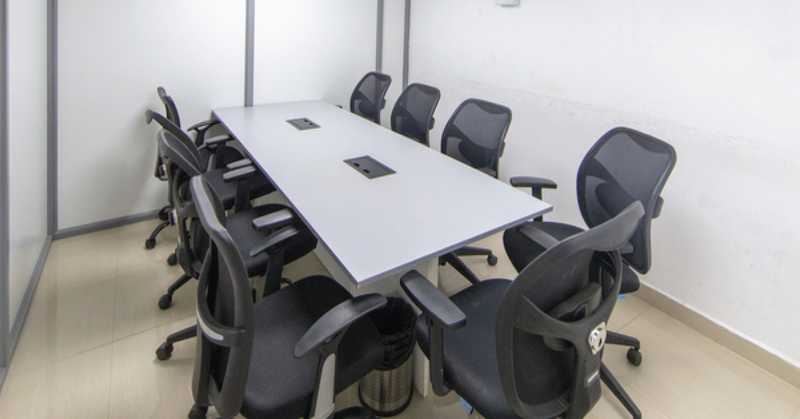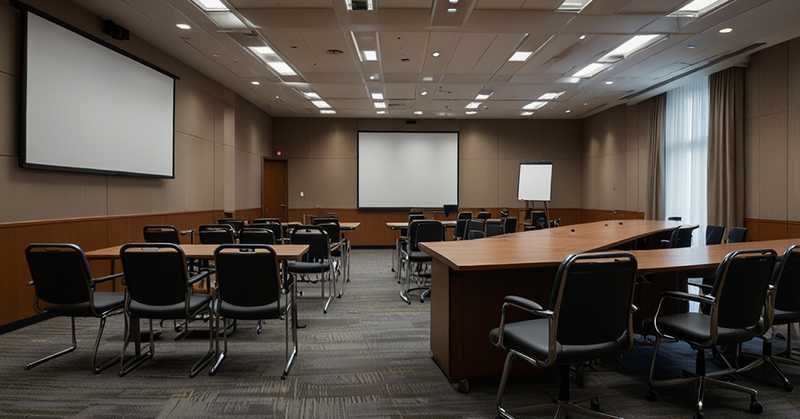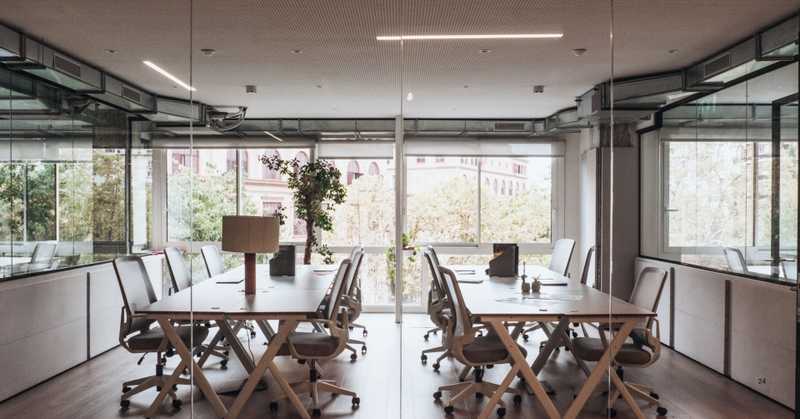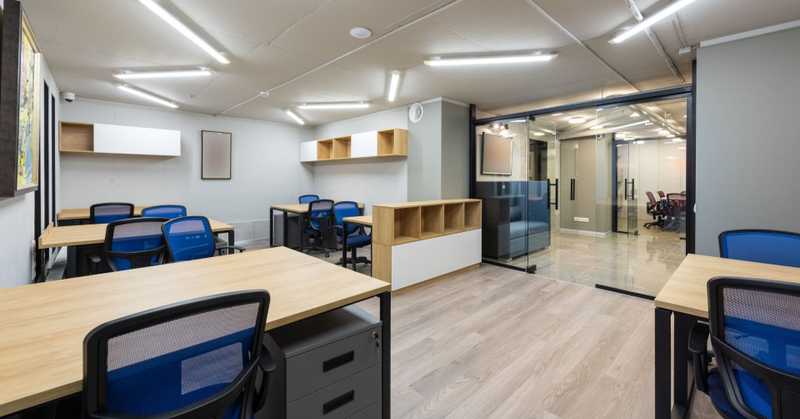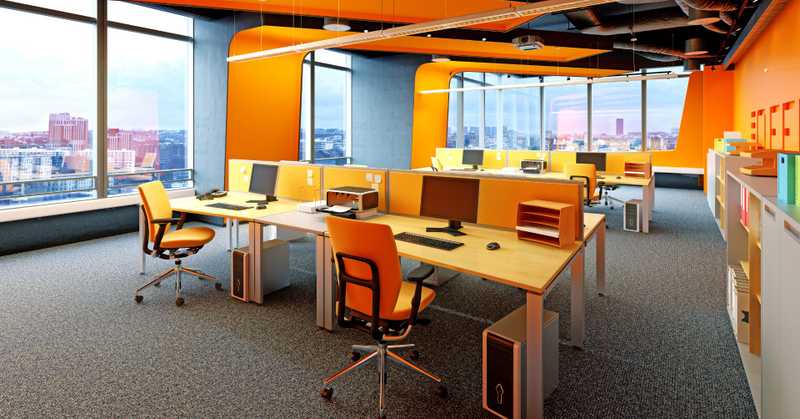Best place to book meeting room or coworking space, period.
Our unique and affordable office solutions
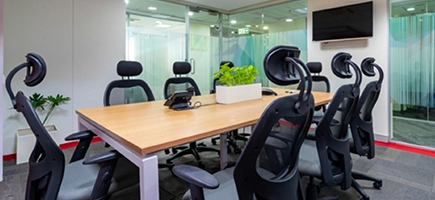
Meeting rooms by the hour
Right sized room at the right price for any kind of meeting from interviews to presentations.
Check Options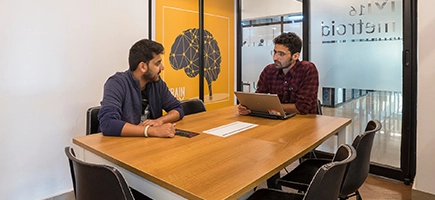
Hybrid Workplace
Your remote and distributed teams can now gain instant access to 2000+ professional, productive coworking spaces across 45 cities in India on a pay-per-use model.
Explore Solution
Virtual Offices
Get an address to register your company or just as a communication address. Service available across 24 cities at rates starting Rs 1000 / month.
Check Pricing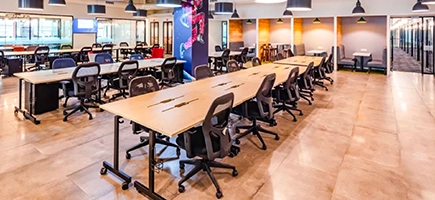
Hot desks for a day
Book a desk for a day at rates starting Rs 99/day. Work near home for heads-down work.
Check OptionsBook a coworking space
GoFloaters helps you find and book a coworking space near you for meetings and work.
Pay-per-use
No contracts, or commitments.
Book for an hour or a day.
Plug and play
Prices inclusive of all amenities
Prices starting ₹199/day
Nothing can beat a face-to-face
Don’t take our word for it
Freedom to set up my office
Gives me the freedom to set up my office across cities

Vinay Pushpakaran
Future Impact LearningPlug and Play
Never have to worry about Internet or Plug Points.

Arpitha Ramani
GE HealthcareExternal meeting made easy
My go-to platform for all our external meetings

Balesh Raghurajan
Effilor Consulting ServicesIntroducing
WorqFlexi
Save more than 60% from your current office rental contract by offering pay-per-use office space for your remote team.
Show Me HowSIGN UP
Sign up on our platform within 3 minutes. No credit card required.
CHOOSE WORKSPACES
Curate from 3000+ high quality spaces in 40+ cities across India
PAY AS YOU GO
Set monthly budget. Pay as you go. Manage access. Track utilization
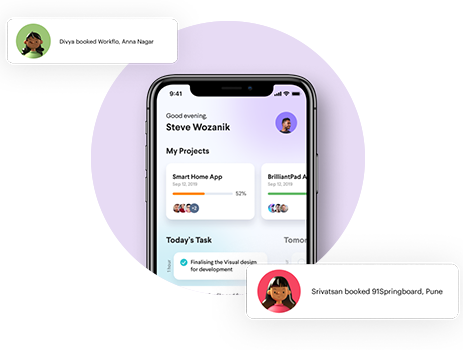
Featured Blogs
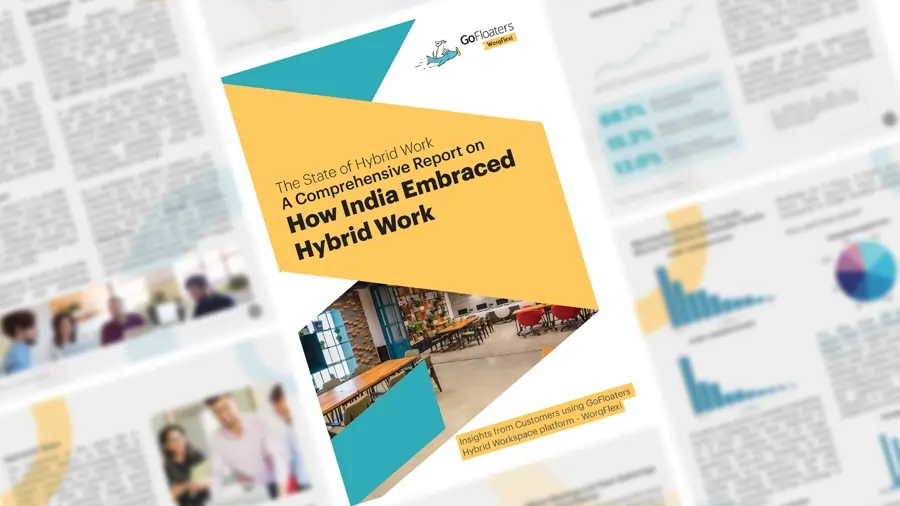
Unleashing the power of hybrid - remote with Insights from customers tractions
State of hybrid work - Trend report 2022 & 2023
Download Now















